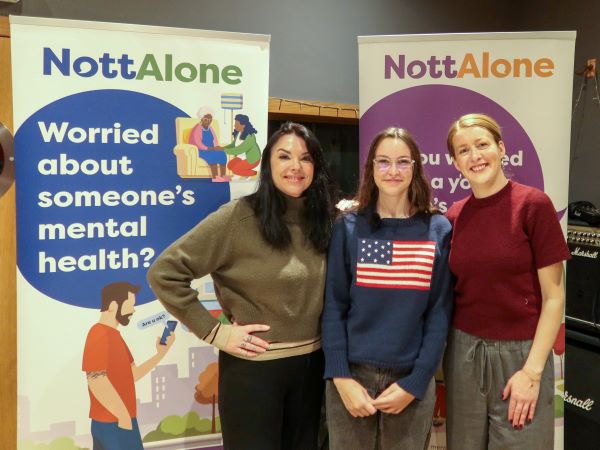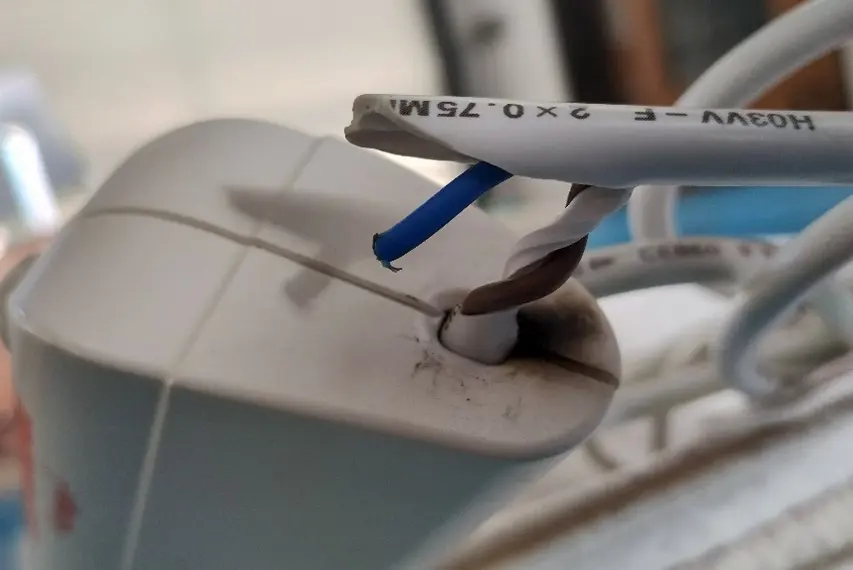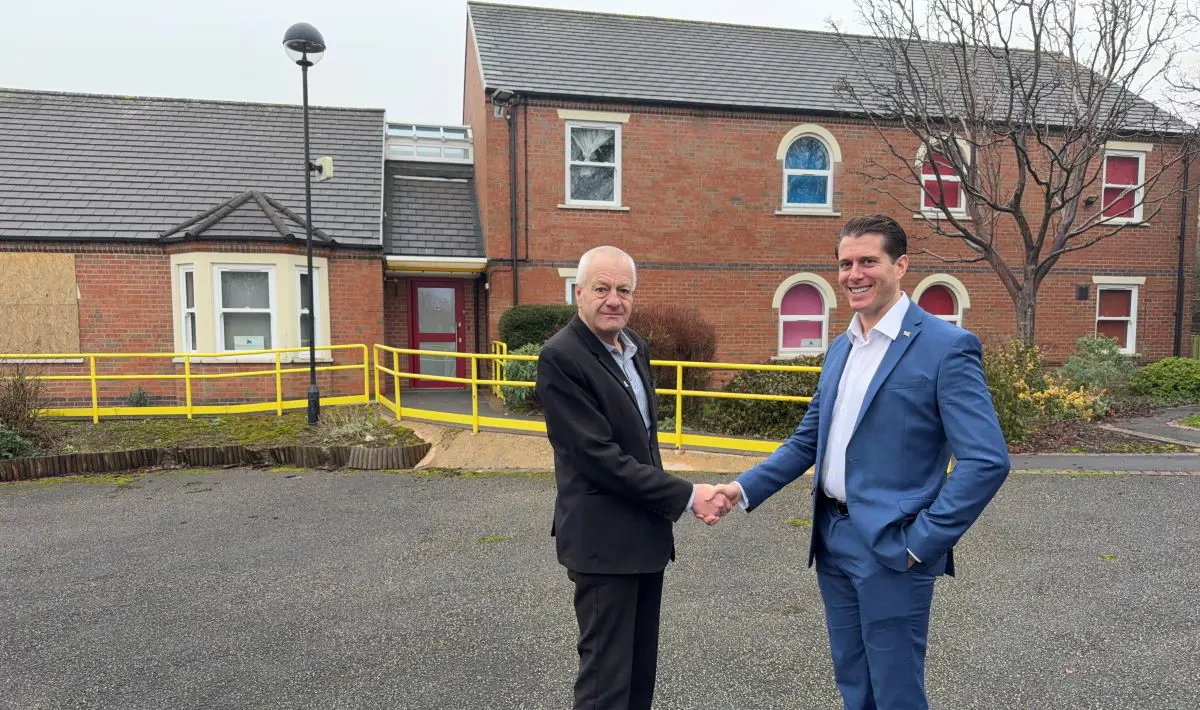Social Care Workforce Race Equality Standards (SCWRES) Action Plan 2022
Introduction
As part of our ongoing commitment to Race Equality, Nottinghamshire County Council has been involved in a national Workforce Race Equality Standard study.
Nottinghamshire County Council was chosen as one of 18 initial sites to look at the Social Care Workforce Race Equality Standards (SCWRES).
Currently, SCWRES is being driven forward in two departments, Adult Social Care and Health, and Children and Families.
What is the main purpose of SCWRES?
- To help social care organisations review their data against the nine SCWRES indicators;
- To produce action plans to close the gaps in workplace experience between white and minority ethnic staff;
- To improve minority ethnic representation at the senior level of the organisation.
This piece of work is an important part of the overall aims of the council in relation to Race Equality and is why we intend to roll out relevant SCWRES actions into all departments.
We would like to share our SCWRES action plan, which is a valuable part of our overall Race Equality strategy within Nottinghamshire County Council.
We have a working SCWRES project group with leads for Adults Social Care and Health (ASCH) and Children and Families (CFS).
There are also corporate leads and HR reps involved.
Who is on our SCWRES team?
- Ali Lewis (Adult Social Care and Health)
- Rachel Miller (Children and Families)
- Veronica Thomson (Adult Social Care and Health)
- Liz Mazlan (Children and Families)
- Tarig Singh (Chief Executive’s)
- Diana Bentley (Children and Families)
- Mary Read (Adult Social Care and Health)
- Janet Smith (Children and Families)
- Emma McGeown (Chief Executive’s)
- Clare Gilbert (Adult Social Care and Health)
Who are our sponsors?
- Melanie Brooks (Adult Social Care and Health)
- Colin Pettigrew (Children and Families)
- Marjorie Toward (Customer, Governance and Employee Monitoring Officer)
What are the action plan metrics?
The project started with us considering nine key metrics, which are:
- Percentage of minority ethnic staff in each of the council pay bands compared with the percentage of staff in the rest of the workforce
- Comparative rate of minority ethnic staff being appointed from shortlisting
- Comparative rate of minority ethnic staff entering the formal disciplinary process
- Comparative rate of minority ethnic staff entering the fitness-to-practice process
- Comparative rate of minority ethnic staff accessing funded non-mandatory CPD as compared to white staff
- Percentage of minority ethnic staff experiencing harassment, bullying or abuse from people who use social care, relatives or the public in the last 12 months
- Percentage of minority ethnic staff experiencing harassment, bullying or abuse in the last 12 months from a) colleague b) manager
- Comparative rate of minority ethnic employees leaving the organisation during the last year
- Percentage difference between organisations’ senior management membership and its overall workforce and population
It was apparent when gathering this data that our workforce ethnicity figures did not fully reflect our employee-base, as some staff prefer not to declare their ethnicity.
Whilst we respect and understand their choices in this regard, this does leave some gaps in our data-set, and we are therefore very keen to encourage staff across our services to share their ethnicity data, so that we can more accurately monitor our progress in creating change, and in making a positive difference for our ethnic minority employees.
Where we could not collect data, we are committed to finding ways to do so and this will be reflected in our action planning for either this year or for the future
The starting point for this project was Adult’s and Children’s social care workforce, but from our perspective we understand that we have a workforce of 7000-plus staff across four large departments, and we want to build on what we have learnt, and our aspiration is that SCWRES actions will be replicated across departments over time so all departments (not just Adults and Children’s) will be included.
We have started to incorporate the below into the Council’s Race Equality Plan.
Our Corporate Directors and Chief Executive are keen for the work from the SCWRES to showcase where, as an organisation, we are doing well but also help us to focus on what we can do to improve equality across NCC.
Our action plan for 2022-2023
The actions we are taking fall under themes which were identified during data collection, through a series of focus groups with staff and aligned with the aims of the project.
Under each theme you will find examples of the actions we are taking.
These actions will be developed into SMART actions to ensure that what we do is measurable and there is accountability within this work. The progress of the SCWRES project is by no means limited to the actions and as we see fit, we will build on the actions and take a creative and flexible approach to ensure that we break down barriers and grow an inclusive culture at Nottinghamshire County Council.
As previously mentioned above our workforce ethnicity figures did not fully reflect our total number of employees.
For this reason, an over-arching objective is to improve the sharing of ethnicity information and we will encourage colleagues to do this across all departments.
- We are working with the D2N2 Social Work Teaching Partnership to create a management development programme suited to Black, Asian and Ethnic colleagues.
- We will run focus groups for all staff so we can listen and begin to understand the concerns relating to accessing learning opportunities, before agreeing how to meet staff needs.
- We will continue to work with our stakeholders, such as ICS, to secure bespoke development programmes for our Black, Asian and Ethnic minority colleagues.
- We aim to improve our current coaching programme and explore other interventions such as reverse mentoring so we can succeed in empowering our Black, Asian and Ethnic minority colleagues to step into senior roles within the organisation.
- We will review how managers talk to their staff about their career progression and give managers the tools and appropriate training, knowledge and expertise to be able to have those conversations.
- We will ensure that our recruiting managers have the appropriate training and are culturally competent when it comes to selection and recruitment.
- We will seek to improve our external and internal recruitment processes to ensure they are inclusive, fair and consistent. All recruiting managers follow a set pattern for any recruitment within NCC.
- We aim to explore and understand the experiences of our Black, Asian and Ethnic minority colleagues when it comes to bullying and harassment. With this information we aim to break down the barriers colleagues face and avoid racism happening at work and in the community.
- We will develop and deliver specific anti-racism training within interactive workshops in order to educate all colleagues about the importance of how best to support Black, Asian and Ethnic minority colleagues.
- We will review our annual performance plan with a view to improving the process, questions asked and the accompanying guidance, so managers are more aware of how to support our Black, Asian and Ethnic minority colleagues.
The above actions sit within a wider Race Equality Action Plan for Nottinghamshire County Council and will be overseen by Corporate Equality Group.
Data collection results from the above metrics in the form of a summary will also be published.
Should you have any questions about this or the wider Race Equality Action plan, we would ask you to contact our Corporate Equalities Officer, Tarig Singh on equalities@nottscc.gov.uk.








